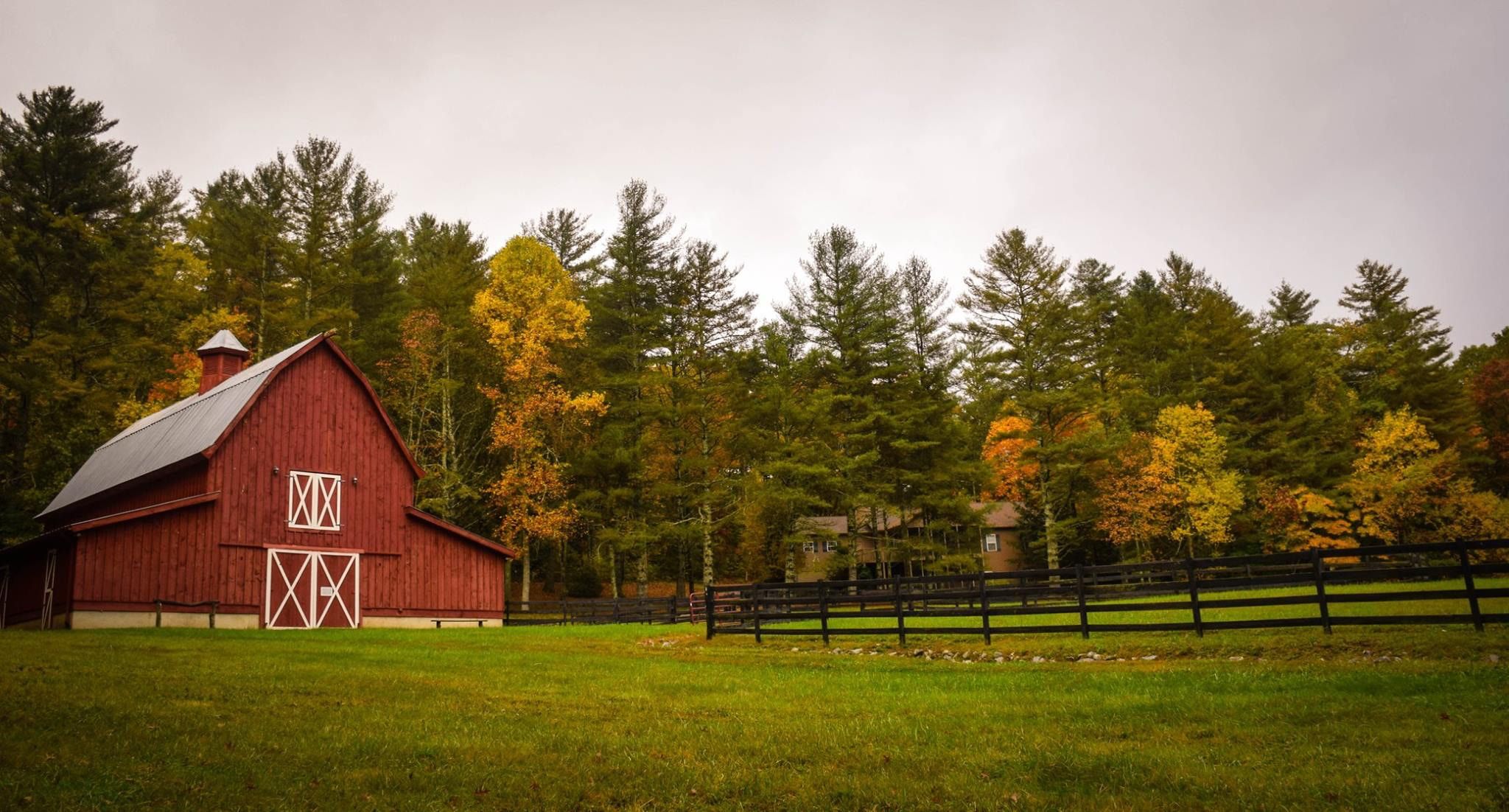Although the USDA Secretary of Agriculture Sonny Perdue recently told farmers to go big or go home, some farmers across the US are opting for small, diversified holdings that market directly to the local community. The challenges that come with running a direct marketing business as well as maintaining a diversified farming operation leave many farmers with finances in the red and broken spirits, however.
“Bookkeeping, business planning, building a website, logistics development — all of these things are things that farmers usually do not want do. They didn’t get into farming to do those things,” Dan Miller, CEO of small farm crowdfunding platform Steward, told AFN. “But they are basically small businesses that also have to farm. They have all of the same requirements of a small business and they just don’t have the interest, hours, or in some cases the skills to do it.”
Miller previously co-founded Fundrise, a real estate crowdfunding platform. Through that work and leasing property in Washington DC to younger chefs, Miller started rubbing elbows with the farmers that supplied their restaurants. He soon learned that every farmer had a similar set of problems. Chief among them: access to financing for buying land or operating loans. Considering the demand for local food, it seemed like these barriers were the only thing stopping many small independent diversified farms from flourishing.
Miller’s new startup, Steward, is hoping to bridge that gap. Farmers can apply on the website and get connected with a company team member who also has a background in farming. After a phone call and a site visit, an internal review is performed to determine whether Steward wants to take on the farmer and help resolve her financial challenges. This usually starts with financial assistance, whether it’s financing to purchase farmland or a loan to inject some much needed operating capital into the business. Steward also offers short term and unsecured loans if a farm needs immediate improvements while they’re working on the details of a long-term plan.
“There is a certain type of farmer we focus on and work best with. This is a farmer who already has a few years of experience, has established himself or herself, and has somewhat defined products and markets. They’ve gotten through the first years of immense challenges,” Miller explains.
People who want to invest can create an account on the website, view projects, and invest. There are two main vehicles. One is the Steward Farm Trust portfolio of investments that supports the real estate and operating loans. Investors are paid dividends at a monthly target of 6%.
The second is a soon-to-launch platform that allows investors to fund specific projects for a farm. The goal is to help reconnect consumers to food production in their state and to help them see how far their contributions can go to creating a new food system.
Steward’s cut is a 1% annual servicing fee.
On top of cash, Steward offers solutions for the pesky necessities of running a farm business and direct marketing like writing grants for value-added products, finding bottlenecks, and pinpointing ripe opportunities for optimization and efficiency.
“The business model that we have seen is sustainable farming, efficient and low overhead, not much equipment, limited staff, and direct sales. This is compared to traditional ag where you are selling through intermediaries and purchasing inputs. I think that business model is struggling,” he said. “It’s been two and a half years since our first loans and we haven’t had any defaults or issues. One of our first farms in Detroit went from $10,000 in revenue to $80,000 in revenue from our funding. It unlocked so much growth.”
As Miller and the team learn more about the challenges of building a thriving diversified farm off direct sales, they are identifying other barriers to success. Miller sees Steward’s objectives as less about focusing on farmer-specific problems and more about addressing the ecosystem around the farmer.
Processing services for small independent farmers is one example. As Miller notes, most facilities are large-scale and not interested in butchering animals for producers that bring in smaller batches of livestock. He’s also seen promise in value-added opportunities.
When asked whether Sonny Perdue is right about farms needing to go big or go out, Miller offers an alternative view.
“I actually think it’s the other way around. Government incentives completely promote large-scale, industrial agriculture. If the government pulled all of its supports like crop insurance or subsidies out of the market, conventional ag would collapse. If there was no government policy in the market deciding who gets incentivized they wouldn’t thrive. What’s more resilient is a diversified regenerative farm with low expenses, low overhead, direct marketing at a good margin. That’s a better business model than heavily imported inputs sold to intermediaries propped up with various subsidies and support.”





